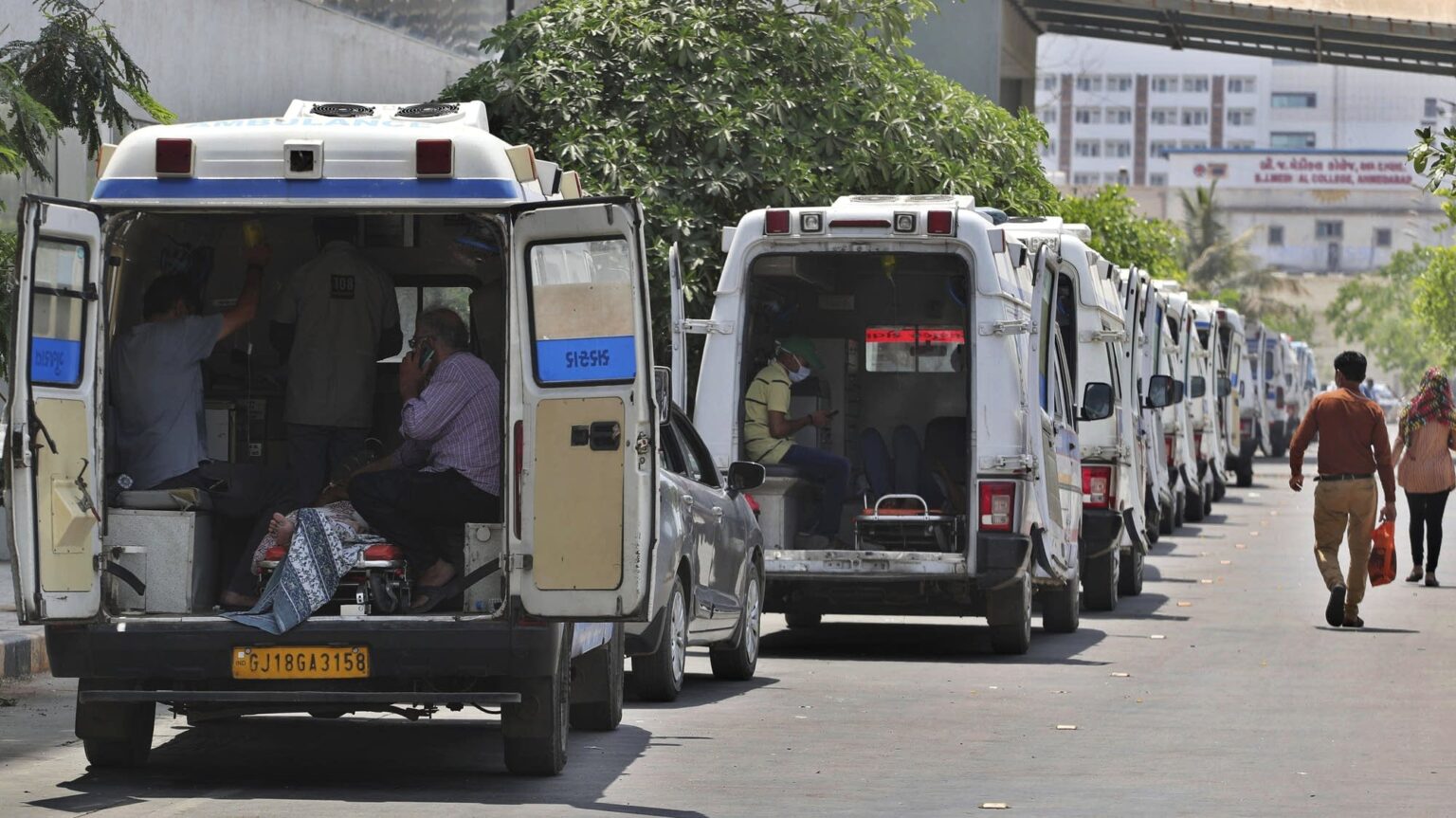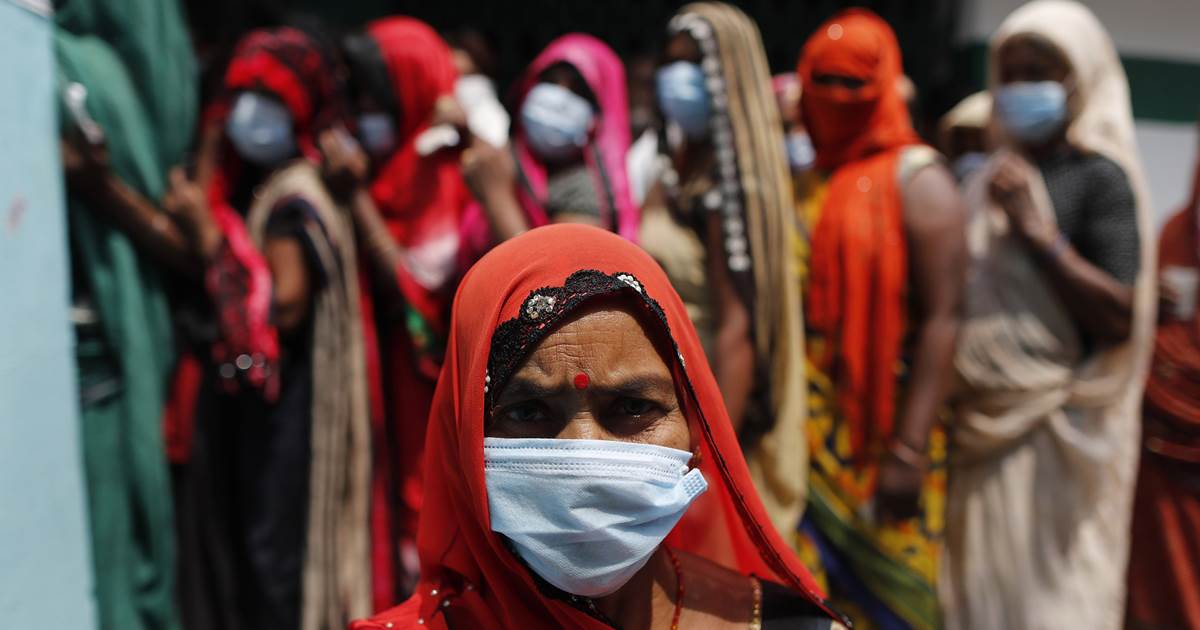
Can the coronavirus vaccine protect people from the Indian variant?
Concerns over the Pfizer manufactured coronavirus vaccine have slowly begun to grow, specifically after the death of an eighty-one year old infectious disease expert who recently passed away in India, having already received both doses. Much of these concerns come from a new double variant out of India, which possibly shows signs that it may be the toughest variant yet when it comes to the current vaccine rollout.
While there’s currently little information or evidence supporting the idea that the current vaccines don’t protect us against these new and evolving variants, concerns have grown over the months that these variants might be harder to combat, even if you’ve already been given the COVID-19 vaccine. Now, after a recent death of somebody who’d already received all of the doses, suspicions have begun to spread like wildfire.
Seeing as the entire world is in a race against time to reach herd immunity and receive the coronavirus vaccine before these variants get out of hand, might now be the right time to hit the panic button, especially now that demand for the vaccine is rapidly slowing thanks to anti-vaxxers as well as other reasons? Let’s delve into the full story and see what we can uncover.

Concerns over the Indian variant
Dr Rajendra Kapila, a professor at Rutgers University in Newark, New Jersey specializing in infectious diseases, landed in India in late March and was scheduled to return back to the U.S. in April, but he found he was infected with COVID-19 on April 8th and was later admitted to Delhi’s Shanti Mukund Hospital, local media the Hindustan Times reported on Wednesday.
He tragically passed away on April 28th, the report said, but no details on the cause of his death have been disclosed, nor has it been specified if Kapila was infected with the double mutated virus.
The latest variant, identified as the B.1.617 variant, is reportedly fast replacing all previous variants in south India, quickly becoming more dangerous & violent, especially given the slow vaccination rate in India as well as the record-setting death rate, having been responsible for 46% of last week’s global COVID-19 positive tests and nearly a quarter of global death toll alone.

U.S. coronavirus vaccine update
As of today, there are three vaccines that are being used to fight the spread of COVID-19 and end the current global pandemic. The first vaccine, developed by Pfizer-BioNTech, was first administered in the U.S. at the end of 2020. The second vaccine to fight COVID-19 was developed by Moderna, which was also first given the green light for emergency use at the tail-end of 2020.
Both of these coronavirus vaccines are estimated to combat the coronavirus with an impressive effectiveness rate of over 93%. However, both vaccines currently require two separate doses, with each needing several weeks in between to build the proper antibodies for protection against the deadly disease, a must-needed boost given the growing concerns of new variants around the world.
A third coronavirus vaccine, this time developed by Johnson & Johnson, was given the OK earlier this year. This vaccine, while not as efficient as Pfizer & Moderna, is said to have an effectiveness rate of over 74%, and requires only a single shot. A fourth vaccine, developed by AstraZeneca has been used in other parts of the world, including Europe, but has faced some backlash over concerns of deadly side effects such as blood clots.
—
What are your thoughts on the current coronavirus vaccine rollout? Have you been vaccinated? If not, are you willing to share your concerns? What do you make of this double variant out of India? Comment below and let us know your thoughts.



